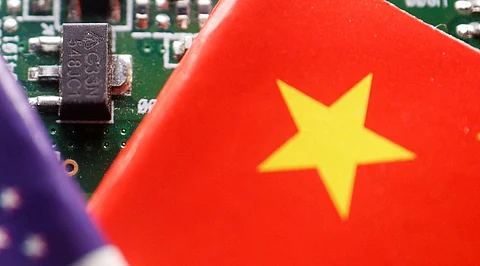

The United States has unveiled a fresh batch of rules designed to limit China’s abilities to acquire sophisticated artificial intelligence (AI) systems. With the “AI Diffusion Rule” initiated by Biden, the U.S. hopes to stay ahead in the contest by ensuring that AI technology is spread across the economy, but at the same time, guard against adversaries from claiming the state-of-the-art AI chips or models for military usage or other strategic purposes.
This rule segregates countries into friendly nations, and hostile nations respectively. This whitelist of trustworthy countries will limitedly include the United States AI technologies and include the UK, Canada, Australia and several European and Asian countries. Meanwhile, there will be limitations applied to certain countries – China, Iranian, and North Korea – including prohibition on the purchase of AI models and severe limits on the export of AI chips.
It is now possible to buy up to 1,700 AI chips without a license from restricted nations but to purchase higher quantities or powerful model weights, one needs a license. Organizations are also required to satisfy physical/cyber security standards to be awarded with these licenses.
Gina Raimondo, the Commerce Secretary when further explaining the strategic aspect of this move said that advanced AI chips and models are Category 1 – dual use technologies. These technologies may have commercial uses as well as potential for use in defense weapons such as nuclear simulations or even biochemical weapons.
However, the rule still is not applied to some of the links in the supply chain like chip design and manufacturing. Other Artificial Intelligence models that are open-source, such as Meta’s Llama, are also excluded.
The rule is expected to attract public attention as it was issued at the time of shift in the US leadership. Such a policy has been dubbed as “misguided” by some industry leaders such as Nvidia and may well harm the American position in the ongoing AI competition.
The decision is an element of a program to check China's progress in the field considered by the US officials as fast. The Biden administration has before employed curtailments on machinery used in chip manufacturing and other essential technologies to dampen China’s capacity to build advanced semiconductors.
